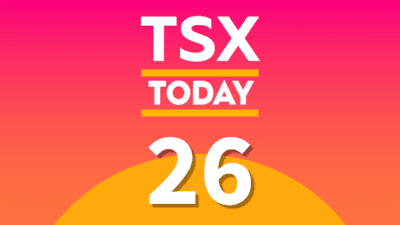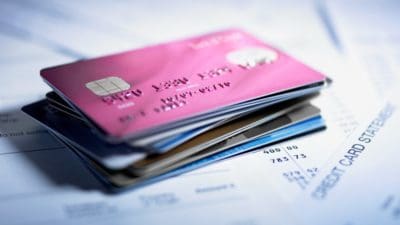Every once in a while, a company turns up and sweeps the economy off its feet. Amazon. Apple. Shopify. And every once in a while, a company threatens to tear it all down.
This year, that company could very well be Evergrande.
Yes, it’s been a strange week for the stock market, as news around Chinese real estate developer, Evergrande, seems to have investors on their toes. Evergrande, China’s second-biggest property developer by sales, sits under a massive amount of debt (around US$305 billion), making it the most indebted developer in the world.
But, folks, this is nothing new. For years Evergrande has based its model on “..sell unbuilt apartments to eager customers, use eager customer’s money to build new apartments.” What is new is the Chinese government’s approach to debt: in short, they don’t want it. They want to “deflate” the Chinese economy, forcing company’s to rely less on leverage and more on liquid cash. This coupled with China’s slowing property market (some Evergrande projects have already halted construction) has made Evergrande seem on the brink of collapse.
So, what’s happening now?
In short, it’s not looking good for Evergrande.
On September 24, Evergrande missed an $83.5 million dollar interest payment to U.S. bondholders. The company has now entered a grace period of 30 days (not unlike the grace period on a credit card). If the company fails to repay its interest in 30 days, it could risk defaulting. That news alone sent the stock market for a wild ride, causing the S&P/TSX Composite Index to drop 43 points on Friday morning, as well as dropping the Dow Jones Industrial by 115 points.
Should you be concerned?
At this point, it’s hard to tell what will happen to the Canadian economy. The good news? Our banks have a very limited connected to China’s real estate sector, not to mention Evergrande. The bad news? Evergrande’s fallout could have ripple effects on the global economy that could very well affect Canadian stocks.
What should you do?
If you’re feeling concerned, here’s my advice: don’t pull out your stocks. It’s never a great idea to trade stocks based on emotions alone. The stock market is just too volatile right now, and you can easily lock into a bad deal. Stay invested for the long-term (we always recommend investing in stocks for three to five years), and you’ll be less likely to have “investor’s regret.”
Second, I’m a major proponent of using potentially “scary” times to re-evaluate your emergency fund. You should have around three to six months of emergency expenses in a fairly accessible account (like a high-interest saving account), which you continually update to match the rate of inflation. If your emergency fund is looking a little sparse, now might be the time to start adding some funds to it.
Finally, since we’re talking about debt here, now might be the right time to look at your own debt-to-income ratio. To be clear, Evergrande’s problems are linked to its use of debt. While, sure, debt can come in handy when you don’t have the funds to deal with a major expense (such as medical bills), using debt as a lifestyle can easily lead to the same “bubble bursting” effect we’re seeing in Evergrande.
Certain high-interest debts, like those on a credit card, can be easily paid off with a balance transfer, especially one with a low-interest APR period. If you’re struggling to pay off credit card debt, perhaps now is the time to take out a low APR credit card, which can save you a ton of money in interest over the long term.








